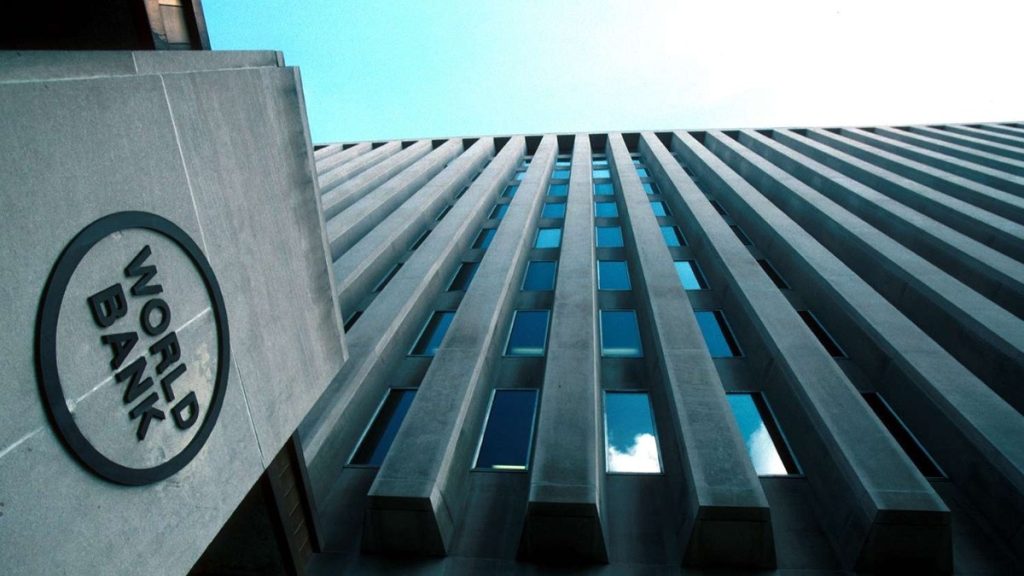World Bank Lowers Global Growth Prediction Amid Rising Tariffs and Uncertainty
The World Bank has revised its global economic growth forecast downward, citing escalating trade tariffs and pervasive economic uncertainty. This comes amidst increased tensions in global trade leading to volatility across markets.
In Short
- The World Bank has decreased global growth expectations due to rising trade tariffs.
- Evolving economic policies have sparked uncertainties in international markets.
- Concerns about potential impacts on employment and investments are growing.
World Bank Revises Growth Forecast
The World Bank recently released a report that reduces its global growth projection for the current year. This revision comes on the heels of rising international tensions and increased trade tariffs. The organization expressed concerns over the volatility these factors have introduced into global markets.
This adjustment in expectations reflects an increasingly complex trade environment, significantly impacted by policies driving higher tariffs and sanctions.
Economists at the institution highlighted potential disruptions to international supply chains and investment flows. The situation poses a risk to ongoing recovery efforts from the pandemic-related economic slowdown.
Market analysts globally have expressed concern over these revised predictions. They emphasize the necessity for stabilizing measures to ensure continued economic recovery.
Ripple Effects on Global Markets
The report suggests that ongoing tariffs could lead to a contraction in trade activities. Countries heavily reliant on exports may face greater economic challenges, which could exacerbate regional instabilities.
These tariffs are affecting not just trade margins, but also consumer prices and employment rates worldwide.
Major economies are deliberating on strategies to mitigate these adverse impacts. Governments are urged to maintain open dialogue and cooperation to alleviate economic disruptions.
The revision has prompted a recalibration of fiscal policies in several countries. Central banks are closely monitoring developments, considering appropriate monetary interventions.
Calls for Economic Diplomacy
Economic leaders around the globe are calling for renewed diplomatic efforts. Encouraging negotiations and consensus is seen as vital to maintaining global trade health and stability.
Experts stress the importance of international cooperation to address trade disputes. This collaboration could prove crucial in curbing further tariff escalation.
Enhanced dialogue may offer a path to resolving current uncertainties and securing a stable economic trajectory.
Future discussions will likely focus on trade norms, multilateral agreements, and rebuilding confidence among international investors.
For more such updates, readers may want to explore how current geopolitical dynamics are influencing international trade, as seen in recent policy shifts and economic statements, available here.
